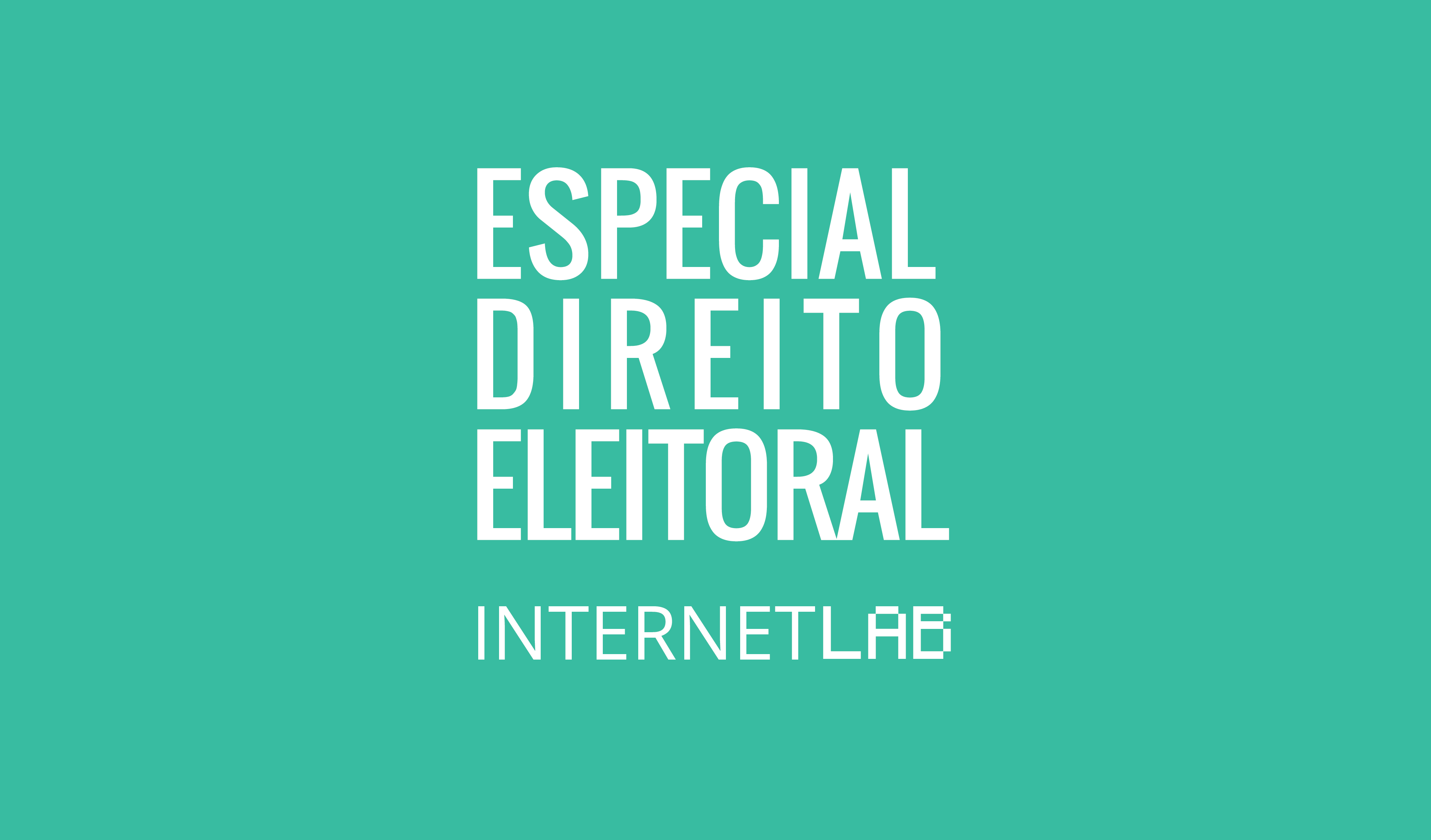
Why should we be concerned with the protection of the electoral debate on the internet?

It is no secret that the internet has had an ever-growing role in the communication and in the access to information for Brazilians. Researches about the consumption of information and about connectivity show that, in major cities, the internet has surpassed the television as the favored medium for some segments of the population. Its advances are consistent and continuous. The dissemination of social networks and other digital tools contribute to this process, making the internet one of the main spaces for political debate in the country.
Keeping an eye on the rising number of people using the internet to obtain information and debate politics, the political campaigns want to spread their presence in the digital world. In this context of migrating the political debate to the digital environment, there is, on the other hand, a growing concern with the impact of the use of the internet in political-electoral processes as well. In the US, for instance, we have signs of a series of occurrences involving the use of the internet with the purpose of distorting the political debate during the 2016 presidential elections. Just in this election run, Russians were accused of breaking into servers of the Democratic Party and of articulating a complex network of influence on the social networks, involving bots and the purchase of advertising. Young people in a small town of Macedonia gained thousands of dollars in advertising by making websites of fake news with sensationalists headlines that became a hit in the US, feeding the polarization, disseminating rumors, and influencing the course of the elections, even if not with a declared political intent. In Brazil, there are already indications of the growing offer of services like the use of bots and fake profiles for the manipulation of the public opinion.
Another event that raised, even more, the fears about the use of the internet for political purposes concerns the illicit collection of personal data of over 80 million Facebook users by the company Cambridge Analytica in order to direct ads for Donald Trump. By processing data that involved user interaction with content posted on the platform, the tools developed by the company would have the capacity to presume preferences and personality traits of users with high precision levels. From this set of information, it would be possible, thus, to create messages of political propaganda with a personalized character, increasing its degree of persuasion and, with that, its impact potential upon users of the platform.
Here, a succession of changes on the electoral legislation shows that the internet will indeed transform increasingly the way in which campaigns are run. In 2018, for the first time candidates, parties, and coalitions will be able to “boost” contents on social networks for propaganda. This change will enable political propaganda to be directed to specific segments of the population, keeping in mind that the boosting allows the definition of an audience for each post through criteria established by the platforms, like current city, gender, age, education, or even the inclination to subjects like human rights, technology, and trips, for example. However, there are still doubts about the impacts of the new legislation on this year’s election and how it will be enforced by the Electoral Justice.
In this context of undefinition and suspicion involving the role of the internet in the 2018 elections, InternetLab developed the Electoral Law Special. We addressed the main challenges involving the protection of the political debate on the internet in three topics:
Topic 1 (07.23). the novelty: boosting electoral propaganda
Topic 2 (07.24). the use of personal data by electoral campaigns
Topic 3. (07.25). bots and electoral law
The Special will be a series of videos in which authors of the book “Electoral Law in the Digital Era” [in Portuguese] talk about the subjects discussed in the work. The material is the result of a study group involving InternetLab researchers and electoral lawyers, articulated by our Information and Politics research area. You can order your book here.
Team responsible for the content: Thiago Dias Oliva (thiago.oliva@internetlab.org.br) and Francisco Brito Cruz (francisco@internetlab.org.br).
Translation: Ana Luiza Araujo